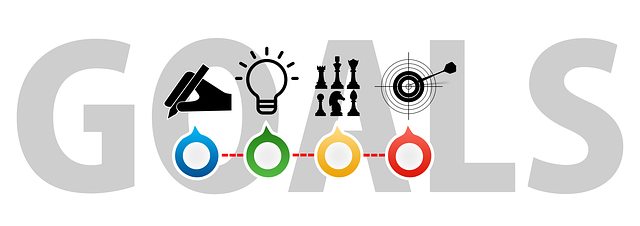In a competitive real estate market, effective purchase price negotiation is vital for favorable outcomes. Buyers and sellers need thorough market analysis, adaptability, and strategic communication to reach agreements. Defining clear terms like timing, payment methods, and contingencies ensures a smooth closing. Negotiating flexible closing conditions and intangible value bundles can attract buyers, position sellers as adaptable, and foster industry partnerships.
In the dynamic realm of real estate, strategizing purchase price and closing terms is paramount for a seamless transaction. This article delves into the art of negotiation, guiding you through the intricacies of understanding market dynamics. From creative pricing approaches to navigating key closing elements, these insights empower buyers and sellers alike to maximize value and ensure a smooth journey. Uncover proven strategies tailored to real estate, where every detail matters.
Understanding Purchase Price Negotiation Strategies in Real Estate

In the dynamic realm of real estate, understanding purchase price negotiation strategies is paramount for both buyers and sellers. The art of haggling over the asking price involves a blend of market knowledge, flexibility, and strategic communication. Buyers can leverage current market trends, comparable property sales data, and inspection findings to justify their offers while sellers consider these factors alongside their financial goals and time constraints.
A successful negotiation often hinges on finding common ground. Sellers may be open to concessions like closing cost adjustments, repair credits, or a faster closing timeline, whereas buyers can explore alternatives such as paying in full cash, waiving certain contingencies, or proposing a higher price. In the end, striking a balance that satisfies both parties ensures a mutually beneficial transaction, solidifying the real estate deal.
Closing Terms: Key Elements to Consider for Smooth Transactions

When negotiating the purchase price and closing terms in real estate, understanding key elements is essential for a smooth transaction. One critical aspect is setting clear expectations regarding the timing and conditions for the exchange of funds. This includes defining the exact date of closing, payment methods accepted, and any contingencies that could impact the sale. For instance, buyers might request an inspection period or financing contingency, which should be explicitly stated in the contract to avoid misunderstandings.
Additionally, understanding and agreeing on legal aspects like property taxes, insurance, and any existing liens is vital. Transparent communication about these issues allows for a seamless transition during closing, ensuring that both parties are aware of their responsibilities and obligations. This meticulous planning can prevent delays or disputes, fostering a collaborative environment throughout the real estate transaction process.
Maximizing Value: Creative Approaches to Purchase Pricing

In the competitive realm of real estate, maximizing value goes beyond traditional pricing strategies. Creative approaches can significantly impact a property’s worth and attractiveness to buyers. One such method involves negotiating flexible closing terms. Instead of adhering strictly to market rates, consider offering concessions like extending the closing period, which might appeal to cash-strapped buyers or those facing complex financing issues. This strategy not only ensures a sale but also positions you as a seller open to accommodating buyer needs.
Additionally, bundling intangible value can be a game-changer. For instance, if your property boasts an impressive location with excellent amenities nearby, offer a discount or incentive package that highlights these advantages. Such creative pricing tactics can turn a regular transaction into a compelling opportunity, ensuring a quicker sale and potentially setting the stage for future partnerships in the real estate market.






